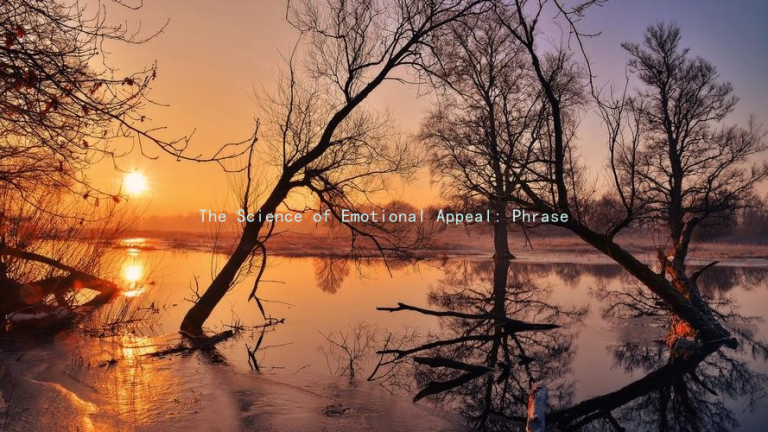Emotional Companionship: The Key to Building Lasting Relationships
Emotional companionship is often the unsung hero of lasting relationships. While romance and attraction can spark initial interest, it is the emotional connection that sustains love over time. Building this connection requires not just understanding, but also certain skills and practices that can enhance the bond between partners. Here is a guide to fostering emotional companionship through effective communication and shared experiences.
1. Open and Honest Communication
The foundation of emotional companionship lies in open and honest communication. Partners should feel comfortable expressing their thoughts, feelings, and needs without fear of judgment. This requires active listening, where one partner truly focuses on the other and validates their emotions. Practicing phrases like I understand how you feel or That sounds really challenging can help create a nurturing environment where both partners feel heard.
2. Sharing Experiences
Creating shared experiences is vital for strengthening the emotional bond. This can range from simple activities, like cooking a meal together, to major adventures, such as traveling. Shared experiences create memories that deepen the connection. Additionally, trying new things together fosters teamwork and excitement, helping both partners to grow together.
3. Empathy and Support
Empathy plays a crucial role in emotional companionship. Being able to put yourself in your partners shoes allows you to understand their struggles and joys better. Support can be shown through small gestures, like leaving a sweet note or being there during difficult times. A partner who feels supported is more likely to reciprocate that emotional investment, which is essential for a balanced relationship.
4. Regular Check-Ins
Life gets busy, and its easy to drift apart if you’re not careful. Regular check-ins help maintain the emotional connection. These does not need to be lengthy; even a few minutes a week dedicated to discussing feelings, stresses, and expectations can help. Use this time to express appreciation for each other and to recalibrate any misunderstandings.

5. Establishing Rituals
Couples who create personalized rituals strengthen their emotional bond. Whether it’s a weekly date night, a daily walk after dinner, or a yearly trip to a special location, these rituals act as anchors in the relationship. They provide continuity and reassurance, reminding both partners of their commitment to one another.
6. Expressing Appreciation
Never underestimate the power of gratitude. Regularly expressing appreciation for your partner can significantly enhance emotional companionship. A simple thank you for being there for me or I really appreciate what you do can reinforce your partners sense of worth and connection in the relationship.
7. Conflict Resolution Skills
No relationship is without conflict. How couples navigate disagreements can either strengthen or weaken their emotional bond. Learning conflict resolution techniques—such as staying calm, focusing on the issue rather than attacking each other, and seeking common ground—can help partners resolve issues while maintaining respect and love.
8. Emotional Intelligence
Developing emotional intelligence is crucial for emotional companionship. This involves being aware of your own emotions and those of your partner, allowing for deeper understanding. Being emotionally intelligent enables partners to handle their feelings better and react to each other’s emotions more compassionately.
In conclusion, emotional companionship is the bedrock of lasting relationships, and it can be cultivated through communication, empathy, and shared experiences. By prioritizing these aspects, partners can create a fulfilling relationship that stands the test of time, leading to deeper intimacy, trust, and love. Remember, a strong emotional connection not only enriches a relationship but also fosters personal growth and joy for both individuals involved.





